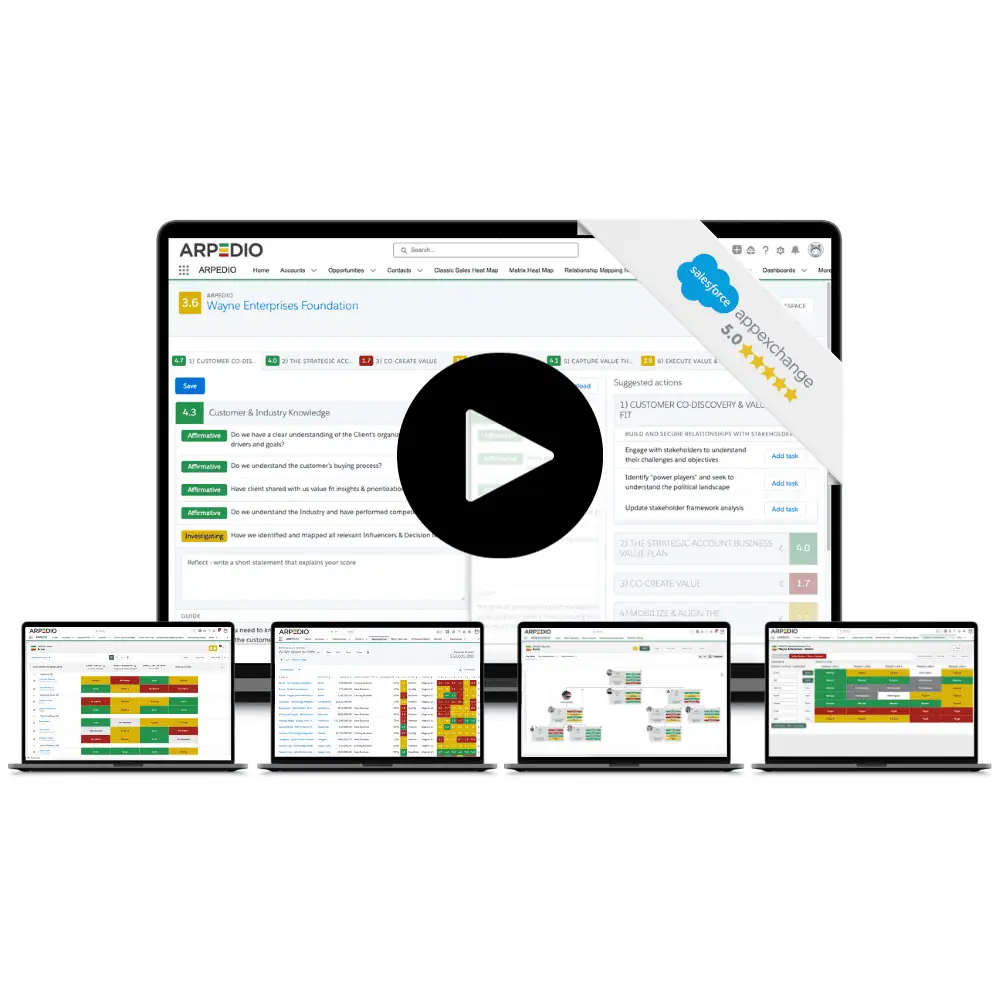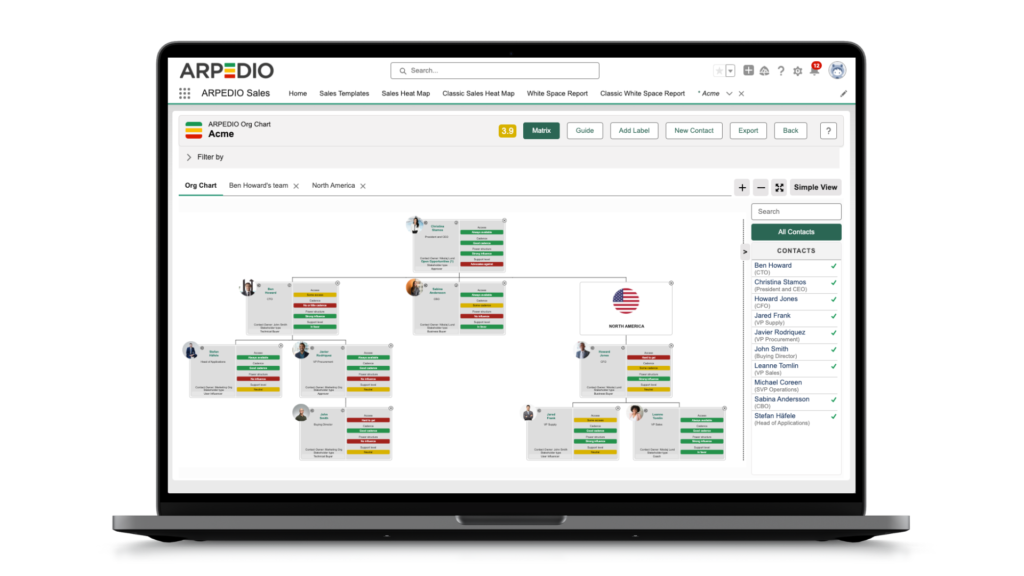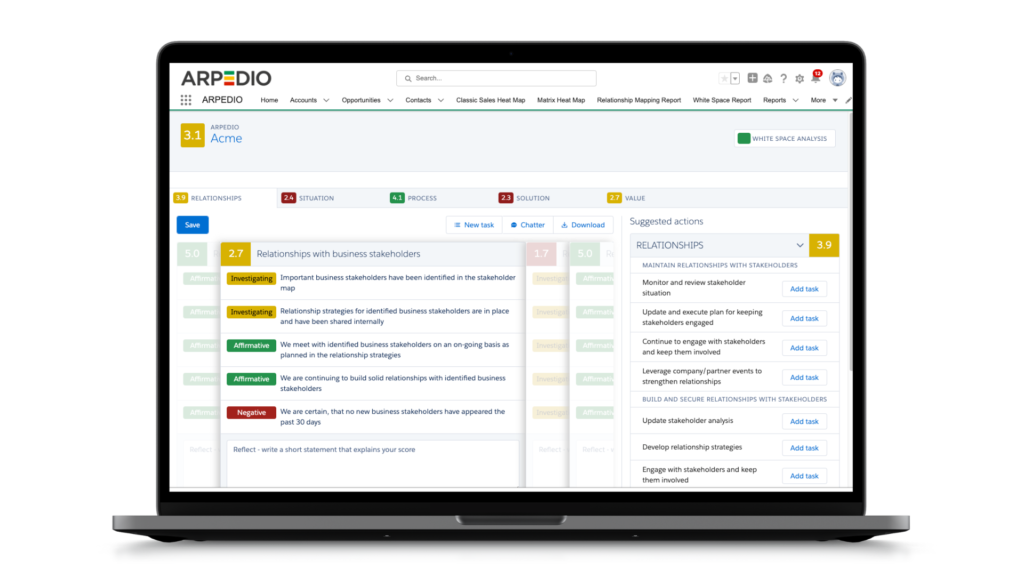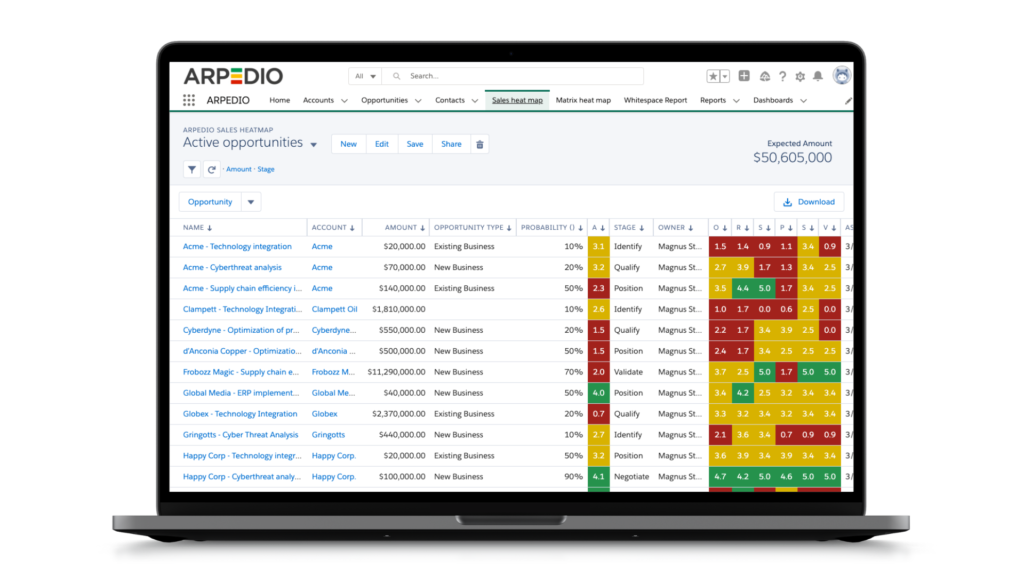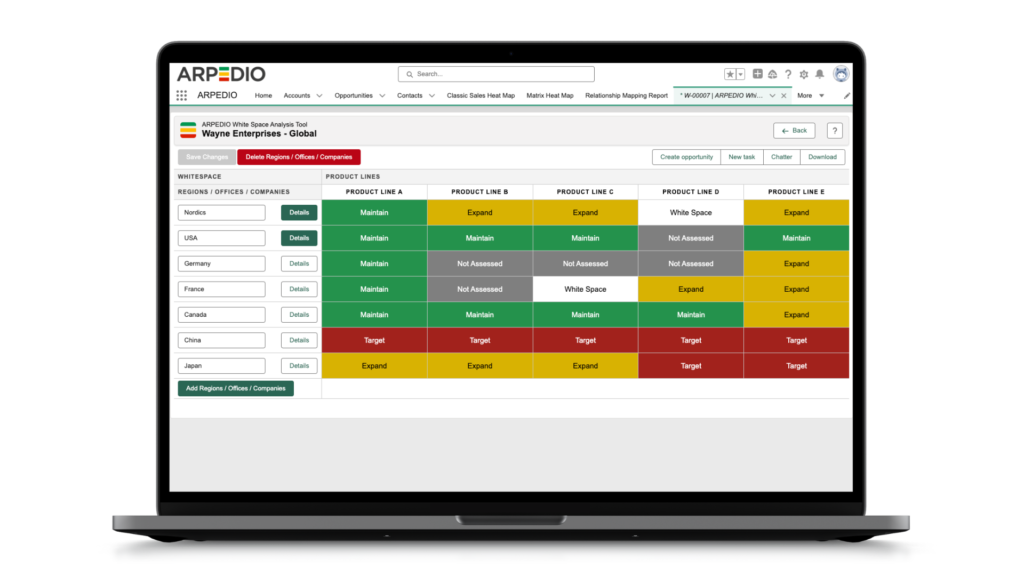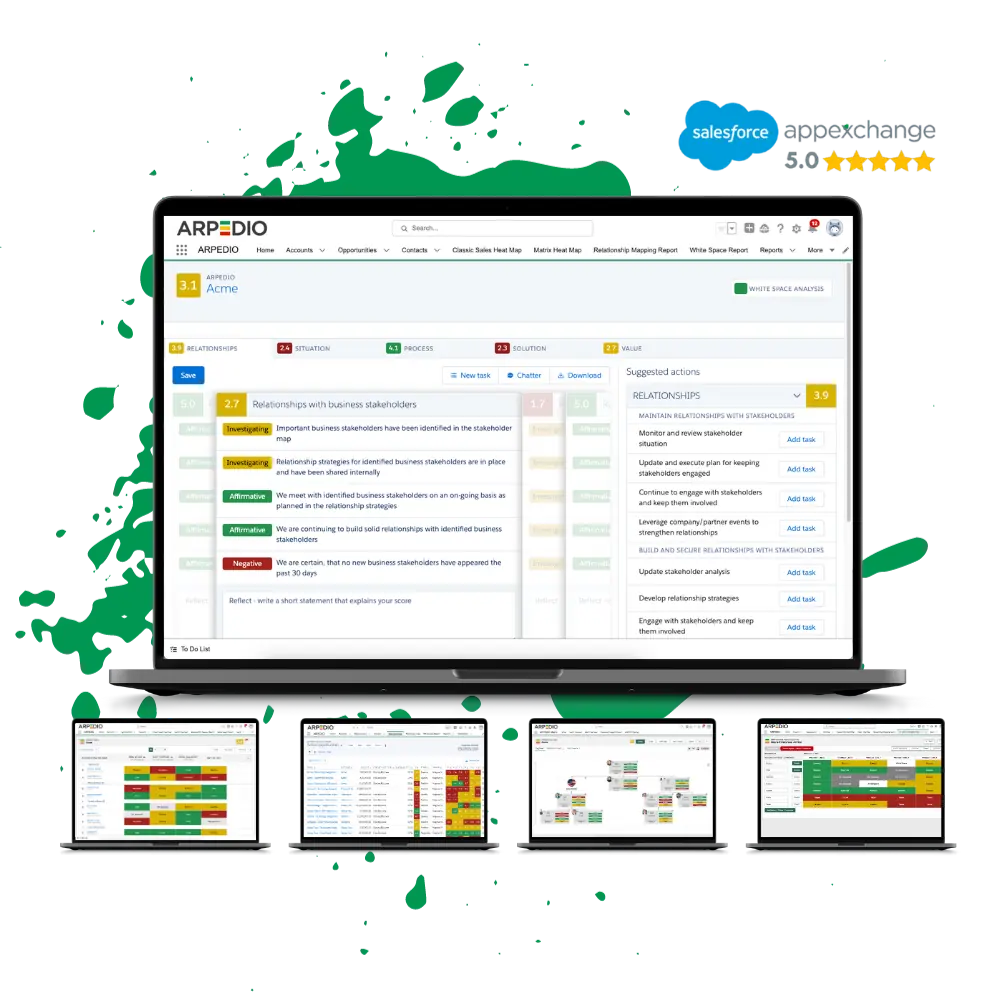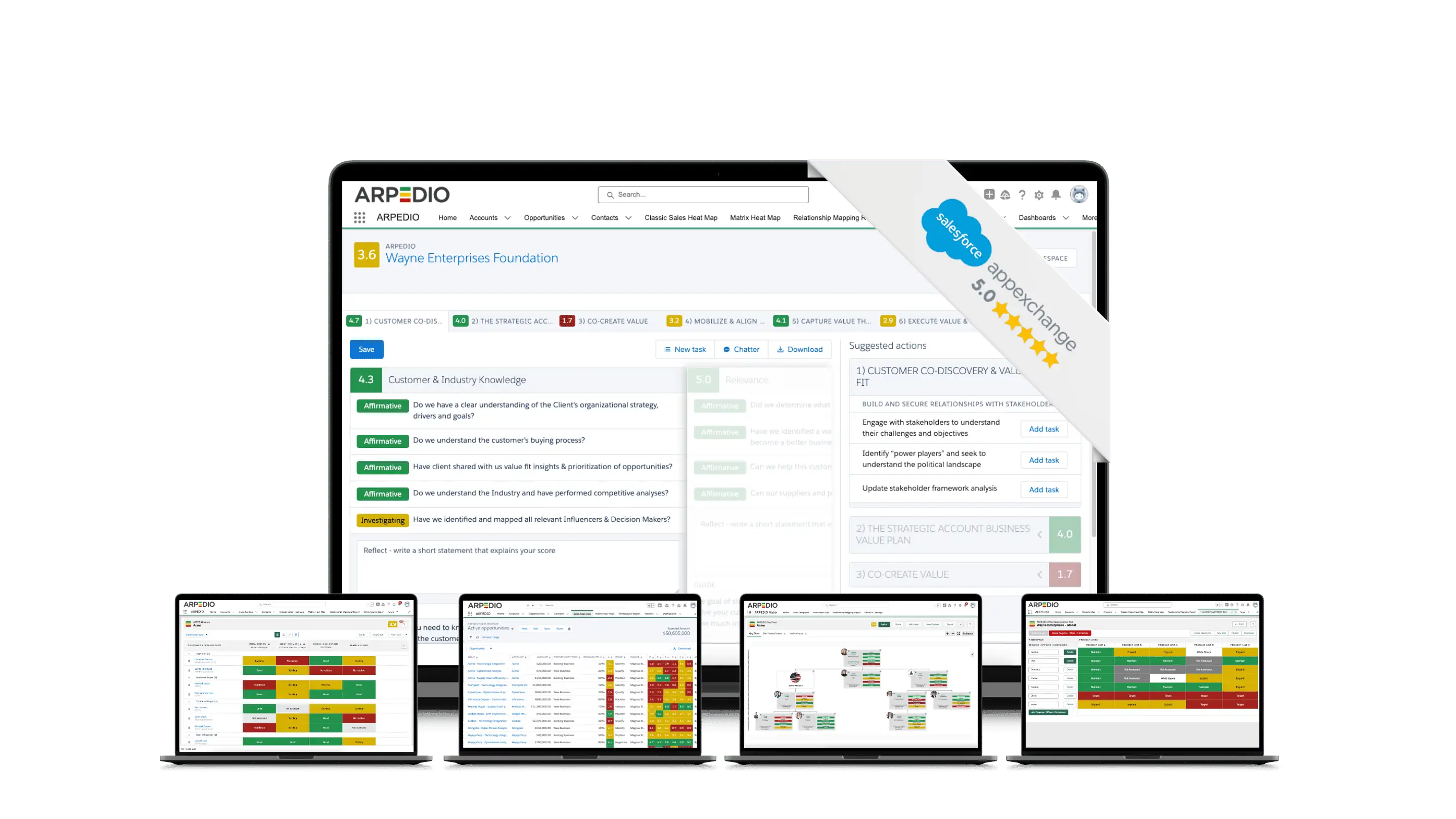In today’s fast-paced and ever-evolving business landscape, organizations face a myriad of challenges when it comes to driving revenue growth and maximizing profitability. As customer expectations continue to rise and market dynamics shift at an unprecedented pace, the need for a strategic approach to revenue generation has never been more critical.
Enter Revenue Operations (RevOps) – a transformative framework that has emerged as a game-changer for modern businesses seeking to streamline processes, align departments, and drive sustainable growth. In this comprehensive guide, we’ll delve deep into the world of Revenue Operations, exploring its definition, importance, benefits, best practices, and future trends.
From understanding the core components of Revenue Operations to uncovering its tangible benefits and best practices for implementation, this guide will equip you with the knowledge and insights needed to leverage RevOps effectively within your organization. Whether you’re a seasoned professional looking to optimize your revenue strategy or a business leader seeking to stay ahead of the curve, this guide will provide you with the tools and strategies to unlock the full potential of Revenue Operations in today’s dynamic business environment. So let’s dive in and unlock the power of Revenue Operations together.
What is Revenue Operations?
Revenue Operations (RevOps) is a strategic approach that aims to streamline and optimize the entire revenue generation process within an organization. It involves the alignment and integration of sales, marketing, and customer success functions to drive efficiency, effectiveness, and ultimately, revenue growth.
Key Components and Pillars
Sales Operations: Sales operations encompass the processes, tools, and strategies that support the sales team in achieving their revenue targets. This includes sales planning, forecasting, territory management, sales enablement, and performance analytics. By optimizing sales operations, organizations can increase sales productivity, enhance pipeline management, and improve overall sales effectiveness.
Marketing Operations: Marketing operations focus on the infrastructure, processes, and technologies that enable marketing teams to execute campaigns, measure performance, and drive customer acquisition. This includes marketing automation, lead management, campaign tracking, and ROI analysis. By aligning marketing operations with sales objectives, organizations can improve lead quality, conversion rates, and marketing ROI.
Customer Success Operations: Customer success operations involve the strategies and processes aimed at maximizing customer satisfaction, retention, and lifetime value. This includes customer onboarding, account management, customer support, and renewal management. By implementing effective customer success operations, organizations can reduce churn, increase customer loyalty, and drive incremental revenue through upselling and cross-selling.
The Role of Revenue Operations in Driving Growth
Revenue Operations plays a pivotal role in driving growth by facilitating alignment, collaboration, and optimization across sales, marketing, and customer success functions. By breaking down silos and fostering a unified revenue strategy, RevOps enables organizations to:
- Improve operational efficiency and effectiveness.
- Enhance the customer experience throughout the entire lifecycle.
- Increase revenue predictability and scalability.
- Gain actionable insights and analytics for data-driven decision-making.
- Adapt quickly to market changes and evolving customer needs.
In essence, Revenue Operations serves as the backbone of revenue generation, empowering organizations to achieve sustainable growth and competitive advantage in today’s dynamic business landscape.
The Benefits of Implementing Revenue Operations
Streamlined Processes and Efficiency Gains
Implementing Revenue Operations leads to streamlined processes and efficiency gains across sales, marketing, and customer success functions. By breaking down silos and integrating workflows, organizations eliminate redundant tasks, reduce manual errors, and accelerate time-to-market. This streamlined approach enhances productivity, minimizes bottlenecks, and enables teams to focus on high-value activities, ultimately driving operational excellence and cost savings.
Improved Alignment Between Sales, Marketing, and Customer Success
One of the key benefits of Revenue Operations is the improved alignment between sales, marketing, and customer success teams. By fostering collaboration and communication, organizations ensure a cohesive approach to revenue generation and customer engagement. Sales and marketing alignment leads to better lead quality, higher conversion rates, and improved customer acquisition. Additionally, tight integration with customer success operations facilitates seamless handoffs, enhances the post-sale experience, and boosts customer retention rates.
Enhanced Visibility and Insights into Revenue Generation
Revenue Operations provides organizations with enhanced visibility and insights into their revenue generation processes. By leveraging data analytics and reporting tools, businesses gain a comprehensive view of their sales pipeline, marketing performance, and customer lifecycle. This visibility enables them to identify trends, spot opportunities, and make data-driven decisions to optimize revenue outcomes. Moreover, real-time reporting and dashboards empower teams to monitor key metrics, track progress against goals, and course-correct as needed, ensuring continuous improvement and alignment with business objectives.
Scalability and Adaptability to Market Changes
Another significant benefit of Revenue Operations is its scalability and adaptability to market changes. By establishing flexible processes and systems, organizations can easily scale their operations to accommodate growth or pivot in response to shifting market dynamics. Whether it’s entering new markets, launching new products, or adjusting pricing strategies, Revenue Operations provides the framework and agility needed to stay ahead of the competition. This adaptability ensures that organizations can seize opportunities quickly, mitigate risks, and sustain long-term growth in an ever-evolving business landscape.
Best Practices for Successful Revenue Operations
Establishing Clear Goals and Metrics
To ensure successful Revenue Operations, it’s crucial to establish clear goals and metrics aligned with overarching business objectives. These goals should be specific, measurable, achievable, relevant, and time-bound (SMART). By defining clear targets for revenue generation, customer acquisition, retention, and other key performance indicators (KPIs), organizations provide a clear direction for their teams and enable them to track progress effectively.
Fostering Collaboration and Communication Across Departments
Effective collaboration and communication across sales, marketing, and customer success departments are essential for successful Revenue Operations. Encouraging cross-functional teamwork, regular meetings, and shared tools/platforms facilitate the exchange of ideas, insights, and best practices. By breaking down silos and fostering a culture of collaboration, organizations can enhance coordination, align strategies, and drive collective success in revenue generation efforts.
Continuous Learning and Optimization
In the dynamic landscape of Revenue Operations, continuous learning and optimization are key to staying competitive and driving sustained growth. Encourage teams to stay updated on industry trends, best practices, and emerging technologies through training, workshops, and knowledge-sharing sessions. Additionally, foster a culture of experimentation and innovation, where teams are empowered to test new strategies, analyze results, and iterate on approaches to optimize performance continuously.
Monitoring and Measuring Performance
Monitoring and measuring performance are fundamental aspects of successful Revenue Operations. Implement robust analytics tools and reporting mechanisms to track key metrics, such as lead conversion rates, customer acquisition costs, customer lifetime value, and revenue attribution. Regularly analyze performance data to identify areas of improvement, uncover insights, and make data-driven decisions to optimize revenue generation efforts. Additionally, establish accountability by setting up performance reviews and KPI dashboards to ensure alignment with organizational goals and objectives.
Future Trends and Predictions in Revenue Operations
AI and Automation in Revenue Operations
The future of Revenue Operations will be heavily influenced by advancements in artificial intelligence (AI) and automation technologies. AI-powered tools and machine learning algorithms will revolutionize various aspects of revenue generation, from lead scoring and predictive analytics to sales forecasting and customer segmentation. By leveraging AI and automation, organizations can enhance operational efficiency, improve decision-making accuracy, and drive personalized customer experiences at scale, ultimately leading to increased revenue and profitability.
Integration with Emerging Technologies
Revenue Operations will increasingly integrate with emerging technologies to drive innovation and enhance customer engagement. One such technology is Customer Relationship Management (CRM) systems, which serve as the backbone of Revenue Operations by centralizing customer data, facilitating lead management, and enabling sales pipeline tracking. Additionally, tools like ARPEDIO, an opportunity management software in Salesforce, provide advanced features for sales teams to effectively manage opportunities, streamline workflows, and optimize sales processes. By leveraging CRM platforms and specialized tools like ARPEDIO, organizations can enhance their revenue operations, improve sales efficiency, and drive revenue growth.
Evolving Role of Revenue Operations Professionals
The role of Revenue Operations professionals will evolve to meet the changing demands of the digital age. In addition to traditional sales, marketing, and customer success skills, professionals will need to possess strong analytical capabilities, technological proficiency, and strategic acumen. They will serve as orchestrators of revenue generation efforts, leveraging data-driven insights and cross-functional collaboration to drive growth and profitability. Continuous learning and adaptation to emerging trends and technologies will be essential for revenue operations professionals to remain effective in their roles and deliver value to their organizations.
Conclusion
As we look ahead, the future of Revenue Operations promises to be shaped by emerging technologies, data analytics, and evolving roles. With advancements in AI, automation, and integration with emerging technologies, organizations will have unprecedented opportunities to drive innovation, enhance customer experiences, and unlock new revenue streams.
The growing importance of data analytics will continue to fuel informed decision-making and personalized engagement, while the evolving role of Revenue Operations professionals will demand a diverse skill set encompassing technology, analytics, and strategic leadership.
In conclusion, Revenue Operations will remain a cornerstone of business success, enabling organizations to adapt to changing market dynamics, drive operational excellence, and achieve sustainable growth in an increasingly competitive landscape. By embracing the principles and practices outlined in this guide, businesses can position themselves for success and thrive in the evolving landscape of revenue generation.

